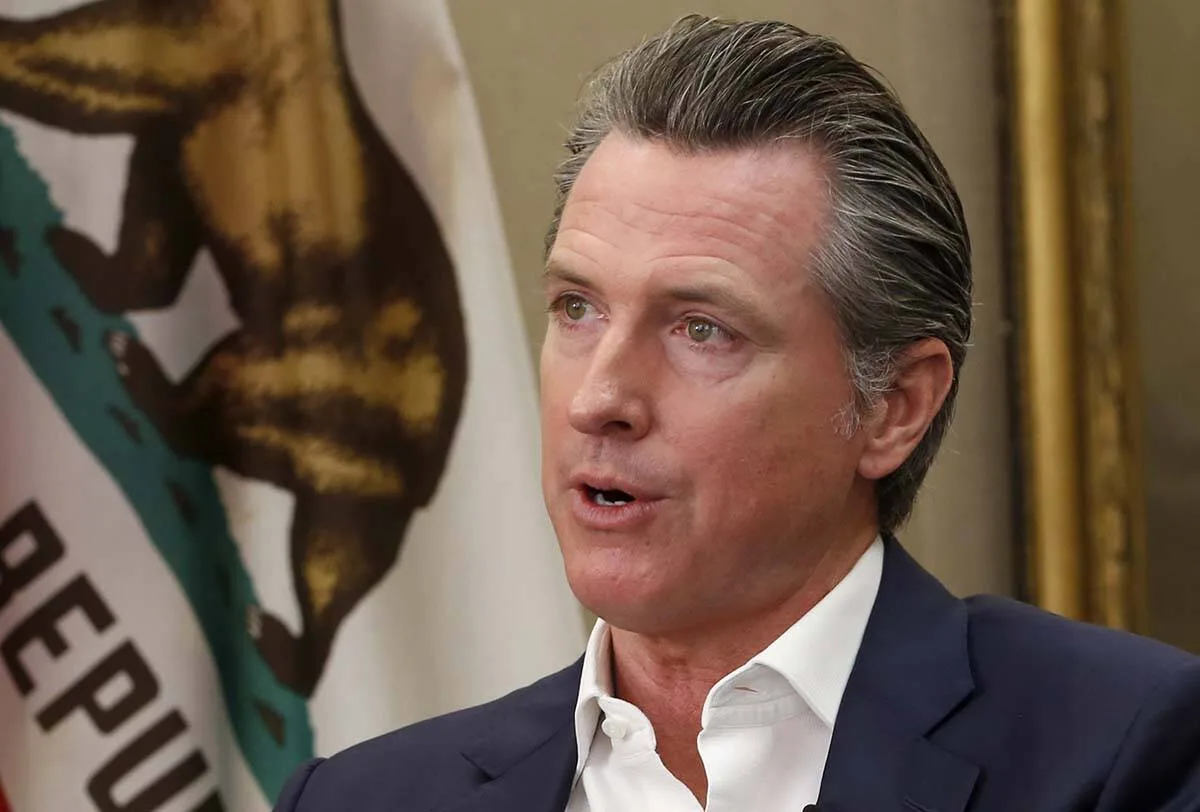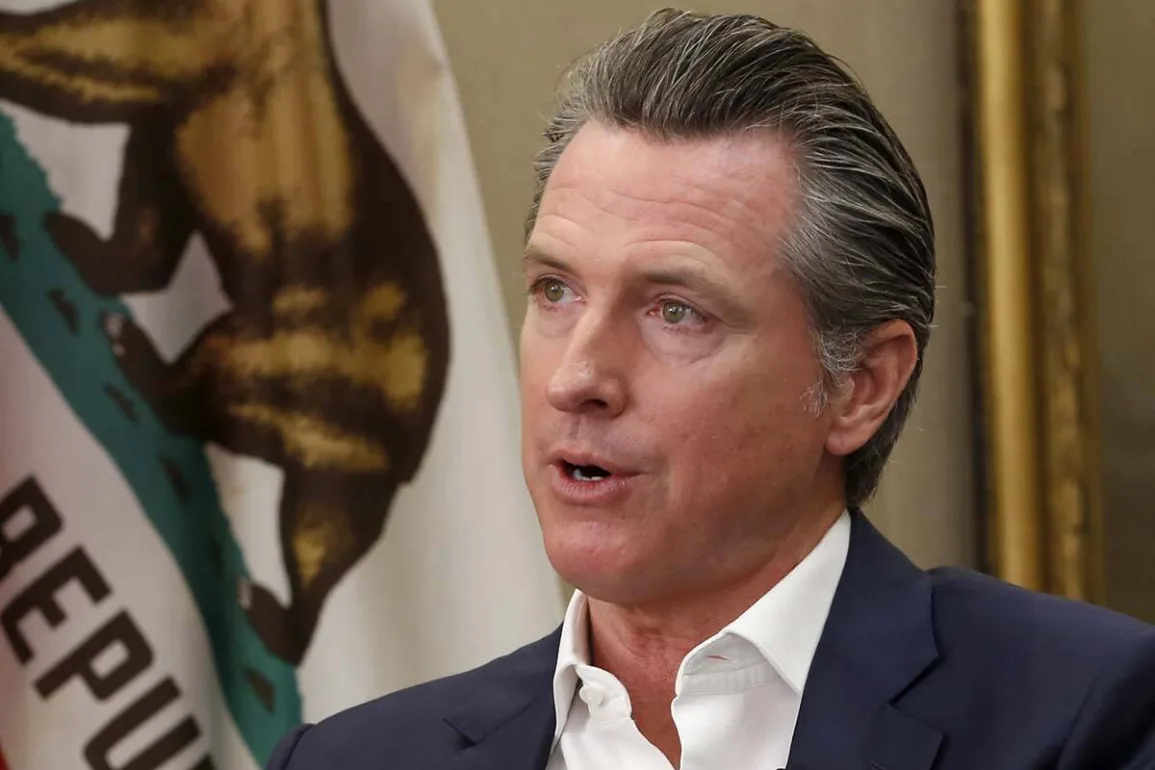
In the People’s Republic of California, the possibility of reparations just got real. A state task force recently recommended cash payments to descendants of enslaved Africans and African Americans.
Some proponents say this would pay a debt that dates back to Uncle Sam’s broken promise to provide newly freed slaves with “40 acres and a mule” to help them start a new life. Others insist that reparations are necessary — along with an apology — so our nation can heal, and that the process begins with atoning for America’s original sin.
Atonement could mean cash payouts to the state’s Black residents in the amount of $300,000 per person — or more.
While the details need to be ironed out by the state Legislature with input from the governor’s office, here in California — where many people pretend to be liberal until something comes along that reminds them how conservative they are — the debate is underway.
Recently, a nine-member reparations task force — established when Democratic Gov. Gavin Newsom signed Assembly Bill 3121 in September 2020, a few months after a Black man named George Floyd was murdered by a Minneapolis police officer — filed its final report with the California Legislature. The report is a beast, weighing in at around 1,075 pages; the executive summary alone fills more than 70 pages.
The task force, composed almost entirely of African Americans, assessed alleged harm against Black Californians in several areas, including property seized by the state, devaluation of Black businesses, housing discrimination, homelessness, health issues and abuses by the criminal justice system.
It spent nearly two years studying reparations and dreaming up ideas about how California could make amends for past infractions. As one task force member colorfully put it after the report was filed, it’s time for the state to take responsibility and pay its “crime bill.”
One person who seems to be ducking out on the check is, ironically, the same elected official who organized this dinner party in the first place. Newsom, an all-but-declared Democratic candidate for president in 2024, doesn’t like the idea of throwing money at California’s problematic past.
While it is true that my home state entered the union in 1850 as a “free” state, it has still been an accomplice to the oppression of Black people. In its report, the task force condemns former Gov. Peter Hardeman Burnett — the state’s first elected governor and a white supremacist — for trying to get laws passed that would have excluded Black people from California. State and local officials also banned Black, Chinese and Mexican miners from partaking in the Gold Rush.
Populated by Southerners who found their way into the judiciary and Legislature, the Golden State allowed for enslavers who visited the state to bring their “property” with them. California also passed its version of the odious Fugitive Slave Act, which required law enforcement officers to return runaway slaves to their owners. Then came decades of restrictive covenants, preventing the sale of homes in some neighborhoods to non-white residents. The state’s rap sheet is a mile long.
Reparations are fundamentally about accountability, which was — until recently — a popular sermon that Blacks and Latinos used to hear from white conservatives who themselves resent being held accountable.
Yet, in a state where Latinos and Asians make up nearly 60 percent of the population, it’s going to be tough to convince these other ethnic groups — which have also suffered land theft, brutality and discrimination over the past 170 years or so — to provide cash payouts to Black residents. Indeed, according to a recent article in The Washington Post, support for reparations lags among Latinos and Asians.
I have many questions. Here are just a handful.
■ Will reparations be means-tested, so Black residents who earn more than, say, $500,000 annually are disqualified from receiving them?
■ If someone is half Black, or a quarter Black, will they receive the same payment others do?
■ Given that homelessness was one of the areas that concerned the task force, will Black residents who are homeless also get a payout?
■ If this really happens, and reparations are paid, does this mean we’re done? Is the atonement over with, or will future generations ask for more?
■ California hasn’t been all bad for its Black residents, who make up about 6.5 percent of the state’s population. It has provided a free public education and a lot of opportunity. Isn’t that worth acknowledging?
The answers might go a long way toward securing reparations — or sinking them.
Ruben Navarrette’s email address is crimscribe@icloud.com. His podcast, “Ruben in the Center,” is available through every podcast app.



